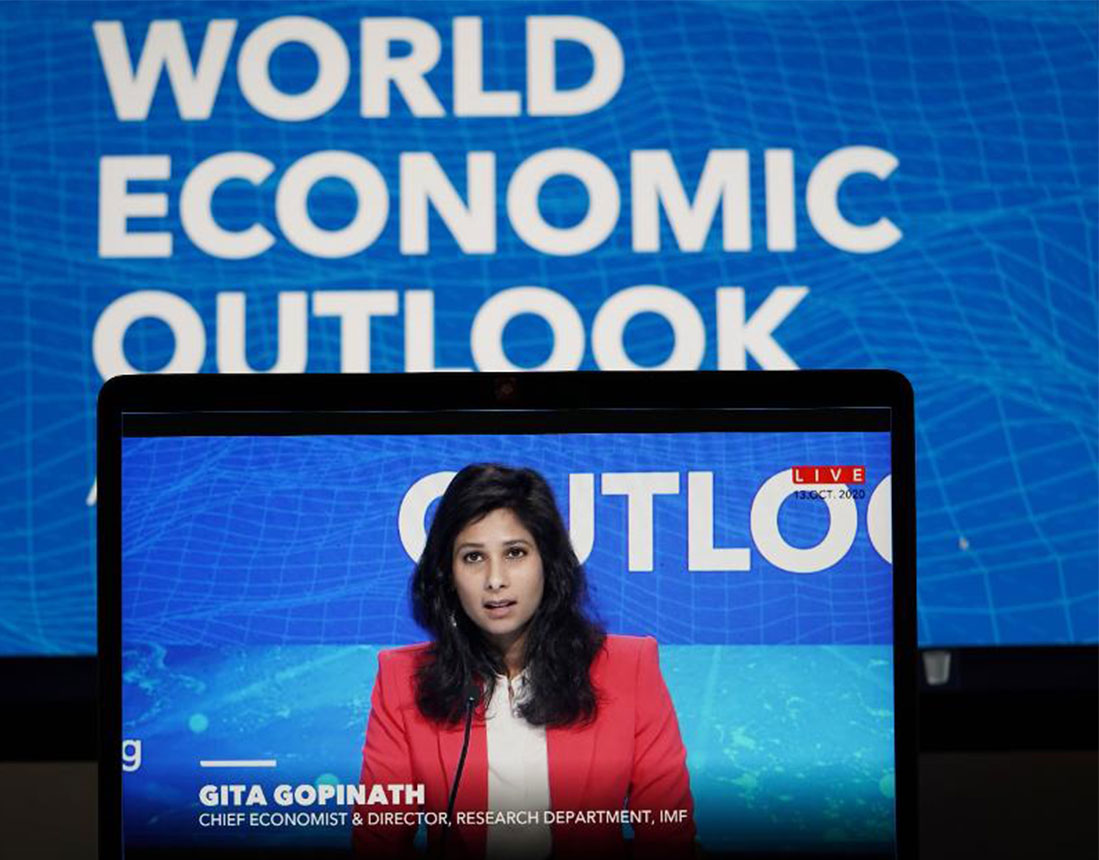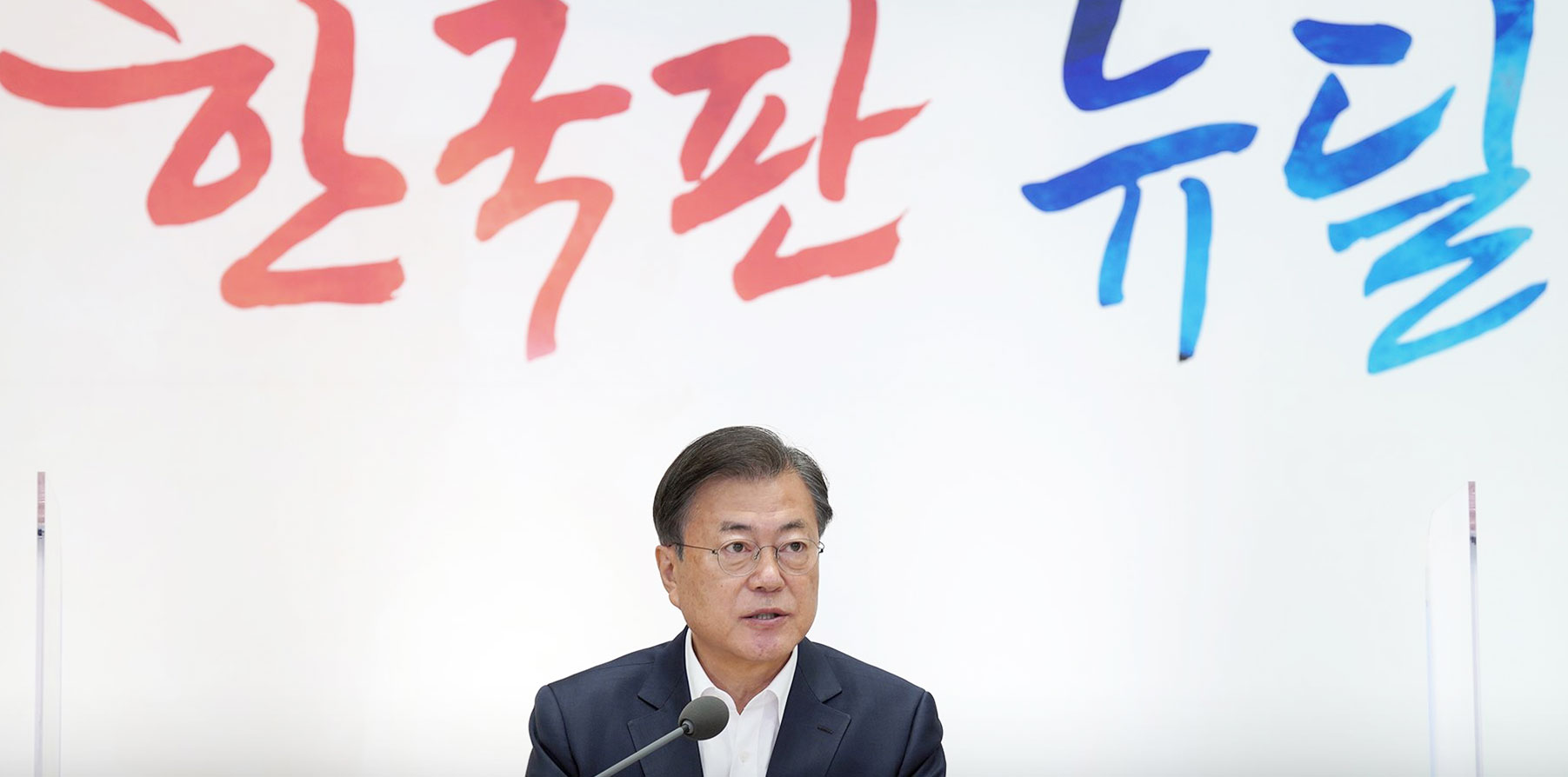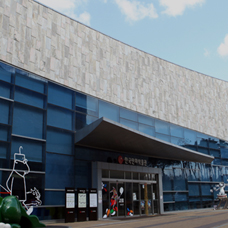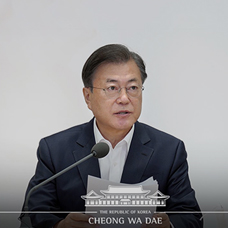Current Korea
Healthy Prognosis for Economy
Leading credit ratings agencies Fitch, Standard & Poor’s and Moody’s have all raised their ratings and outlooks for the Korean economy. This is thanks to the nation’s quarantine capacity, aggressive government response and civic compliance with social distancing, and they have fueled a series of positive growth forecasts for the country.
Written by• Sohn Ji-ae
The prolonged COVID-19 pandemic has struck a major blow to economic growth in many parts of the world, but the international creditability of the Korean economy remains strong and stable. A combination of factors has fueled this promising development.
Stream of Good News
Fitch on Oct. 6 maintained Korea’s sovereign rating at “AA-” with a stable outlook, predicting a modest contraction of 1.1% this year. This was an improvement from its previous forecast of “AA” and a shrinkage of 7.1%.
On its decision to maintain the nation’s rating, Fitch cited in a news release “domestic control of the virus accompanied by a robust policy response.”
Standard & Poor’s (S&P) and Moody’s evaluated Korea’s rating more favorably at “AA” and “Aa2” respectively, with a stable outlook. S&P raised its growth outlook for Korea by six-tenths of a percentage, citing “favorable trade and increases in consumer spending.”
Korea’s economic growth rate also ranked first in the second quarter among the 37 member states of the Organisation for Economic Cooperation and Development (OECD). The Bank of Korea on Oct. 4 said GDP in the second quarter shrank 3.2% from the first, the lowest drop in the OECD, followed by Finland (-4.4%), Norway (-5.1%) and Estonia (-5.6%).
More recently, the International Monetary Fund (IMF) on Oct. 13 raised its growth forecast for the Korean economy this year from minus 2.1% to minus 1.9% thanks to “recovered export demand” and “aggressive fiscal response policy.”
This stream of good news about Korea’s economic welfare attests to how well the government is defending the economy against the pandemic.

Gita Gopinath, chief economist of the International Monetary Fund, on Oct. 13 announces her organization’s world economic outlook made in October that raised Korea’s growth forecast this year from minus 2.1% to minus 1.9%. © Yonhap News
Economic Resilience Factors
Many governments and media worldwide agree that Korea has performed well in mitigating both the health and economic fallout from the pandemic.
The Wall Street Journal said, “(Korea) appears to have cracked the code for managing the coronavirus,” quoting a source from the World Health Organization that “No country has adapted to living with, and containing, the virus like (Korea).”
The U.S.-based news analysis site Foreign Policy, in the op-ed “COVID-19 has crushed everybody’s economy - except for (Korea’s)” said, “As the U.S. struggles with a stubbornly persistent pandemic and a stubbornly slow return to economic growth, (Korea) seems to have found the recipe to succeed on both fronts.” The swift and resolute quarantine capacity of the Korean government has prevented more business shutdowns and helped maintain economic activity. Along with successful programs to contain the coronavirus, Seoul has also employed an aggressive but effective fiscal response.
The government responded to pandemic-induced economic shock through four supplementary budgets that included financial support for households and businesses.
The Korean New Deal, a package of economic, environmental and social reforms proposed by President Moon Jae-in, aims to expedite growth by enhancing productivity and GDP growth potential in the post-COVID-19 era. The initiative focuses on “digital competitiveness,” something he has consistently emphasized as a driver of future growth.
The chief executive said Korea recently ranked eighth among 63 countries in this year’s IMD World Digital Competitiveness Ranking, up two notches from last year and 11 notches from 2017. He added that his administration’s ever-increasing emphasis on digital innovation was starting to produce results, and that building a powerful digital economy would help accelerate economic growth and recovery.
Saying the world’s notion of “the crisis-resistant Republic of Korea,” the president said, “Our national status is rising,” adding, “By producing more tangible results in our epidemic prevention and control efforts and further accelerating economic recovery, we will strive to emerge as a country that succeeds on both fronts.”



















